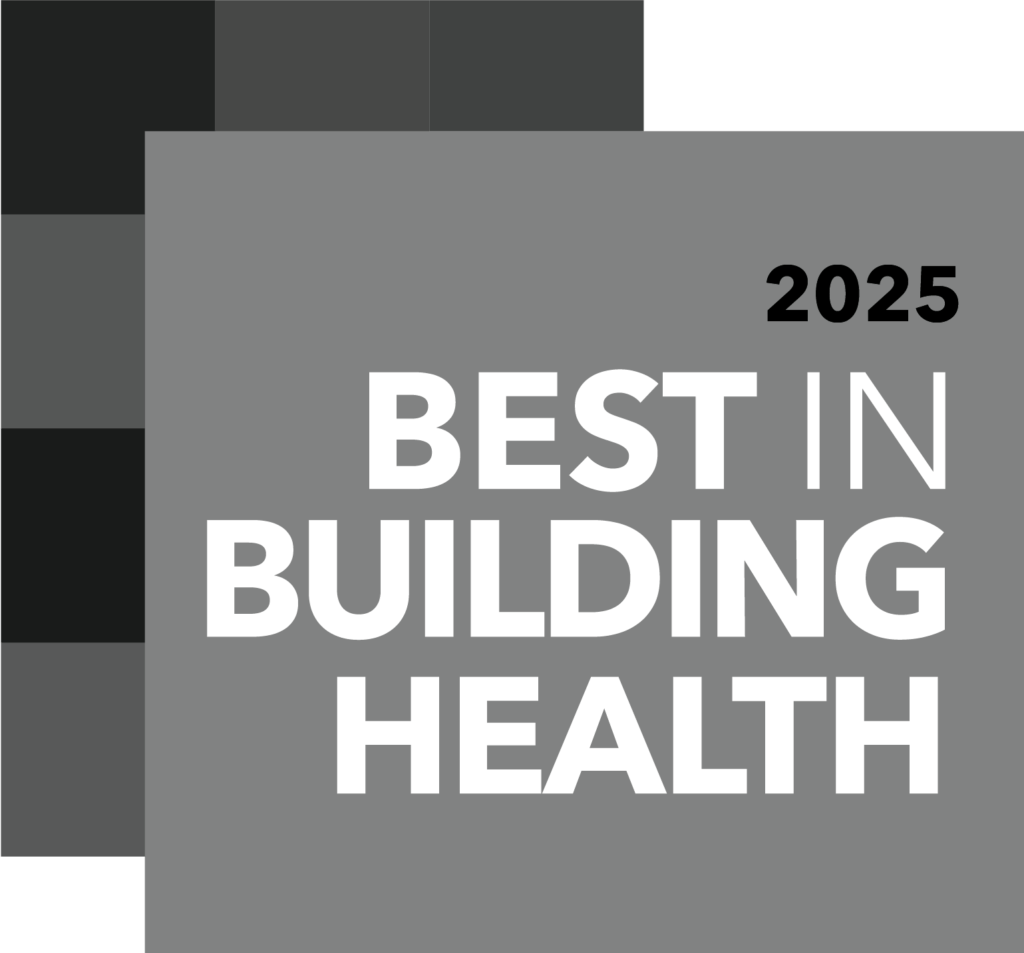
Thought
Unlocking Value Through Social Impact: Insights from Fitwel Social Performance Webinar #2
Our recent webinar, the second in our Fitwel Social Performance series, delved into the business case behind Fitwel Social Performance. This session featured insights from Joanna Frank, President and CEO of Fitwel, and Philippa Gill, Executive Director of Strategic Accounts at EVORA Global. They explored the intersection of health, economic evidence, and the optimisation of built environments for both health and economic value. This session focused on the business case for Fitwel Social Performance, exploring why prioritising social impact in real estate is more critical than ever.
The New Wave of Social Performance – Focusing on People
Fitwel Social Performance integrates health and economic evidence to create strategies that enhance both asset value and societal health. Real estate is fundamentally about people. Every building is designed for occupancy or use, making it crucial to prioritise human health and social impact. The conversation around social impact parallels the early days of environmental sustainability, where good practices were scattered, and systemic approaches were scarce.
Joanna explained, “We have taken the health evidence base and overlaid it with economic evidence to identify strategies that promote health and increase asset value or mitigate risk.”
Philippa noted, “Investors, particularly large asset allocators like pension funds, are increasingly focused on ensuring their investments not only enhance the environment but also contribute positively to society.” This shift underscores the growing recognition of social performance as a vital component of ESG strategies.
The real estate industry, inherently focused on people, must now prioritise social impact to unlock value and mitigate risk.
Philippa emphasised, “Every building on earth was built for people to use, whether to work, live, play or learn. Even industrial buildings and data centers serve people, enabling us to click to buy. So it seems strange that people are not given a higher focus in our industry.”
Key Drivers
While there are several factors driving the increased focus on social performance in real estate, Joanna and Philippa highlighted three main key drivers:
- Public Health Impact
The pandemic underscored the need for healthy building environments. Joanna noted, “COVID-19 brought public health into sharp focus, demonstrating its direct impact on asset value and societal well-being.” - Climate Change
Climate change is a critical factor affecting real estate value and risk. Buildings must adapt to maintain quality of life. “We must continue reducing emissions and adapting our built environment to mitigate extreme climate impacts,” said Frank. - Demand for Data
There is an increasing demand for data from investors and tenants to demonstrate healthy building environments. Frank highlighted, “91% of investors prioritise healthy buildings due to tenant demand.” This trend underscores the growing importance of social performance in maintaining and enhancing asset value.
Sector-Specific Insights
Frank and Gill also pointed out some sector specific insights, focusing on social aspects in residential, industrial and office buildings.
Residential
There is a growing demand for health-promoting environments, as there is a premium on health-promoting environments, with increasing demand for residential spaces that support occupant health.
Industrial
The industrial sector faces challenges like high employee turnover, driven by health-related issues. Enhancing physical environments can mitigate these challenges and improve productivity. Frank pointed out, “Industrial manufacturing saw a 60% turnover in employees during the pandemic, largely due to health concerns.”
Office
The office sector has seen dramatic shifts due to the pandemic, with a heightened focus on providing quality, health-promoting environments to attract and retain tenants. “75% of employees expect their employers to provide health-promoting environments,” Frank noted.
Climate Resilience and Social Equity
Addressing climate resilience is a critical aspect of social performance, and we must adapt our built environment to maintain quality of life amidst changing climate conditions. This includes implementing strategies like heat island mitigation and flood management, which not only improve health outcomes but also enhance asset value.
In this case, Frank and Gill also pointed out social equity as a significant consideration. Frank noted, “One-third of the U.S. population lives in areas already at risk from extreme climate events.” Ensuring that all communities, especially those in vulnerable areas, benefit from these strategies is crucial.
The Intersection of Health and Economic Value
The Fitwel Social Performance framework is built on approximately 40 strategies drawn from the existing Fitwel standard, further categorised into six targeted outcomes: high-quality environments, resilience, stakeholder engagement, equity, walkability, and access to biophilia. Each strategy is backed by academic research and economic evidence, ensuring a robust foundation for improving both health outcomes and asset value.
Fitwel’s approach integrates health evidence with economic data to create strategies that enhance both asset value and occupant well-being. Frank explained, “Our strategies sit at the intersection of promoting health and mitigating asset risk.” This dual focus is essential for adapting to current and future challenges, such as climate change and evolving societal needs.
How Does Your Portfolio Compare to Your Peers?
Embedding social performance metrics into your ESG strategies is straightforward with EVORA Global. We assist with identifying gaps, setting goals and implementing strategies, then ensure effective implementation and ongoing support and reporting. We help you track your performance and provide actionable insights for continuous improvement – making sure that you’re not lagging behind industry peers.
For more information on how Fitwel and EVORA Global can assist in enhancing your social performance strategies, please contact us. Together, we can drive meaningful change in the real estate sector, for people and the planet.
The new Fitwel standard (v3) and tech platform, launching on 4 June, provides robust benchmarking capabilities to compare performance against peers to help understand relative performance. Find out more: Fitwel – Fitwel v3 Coming June 4, 2024













